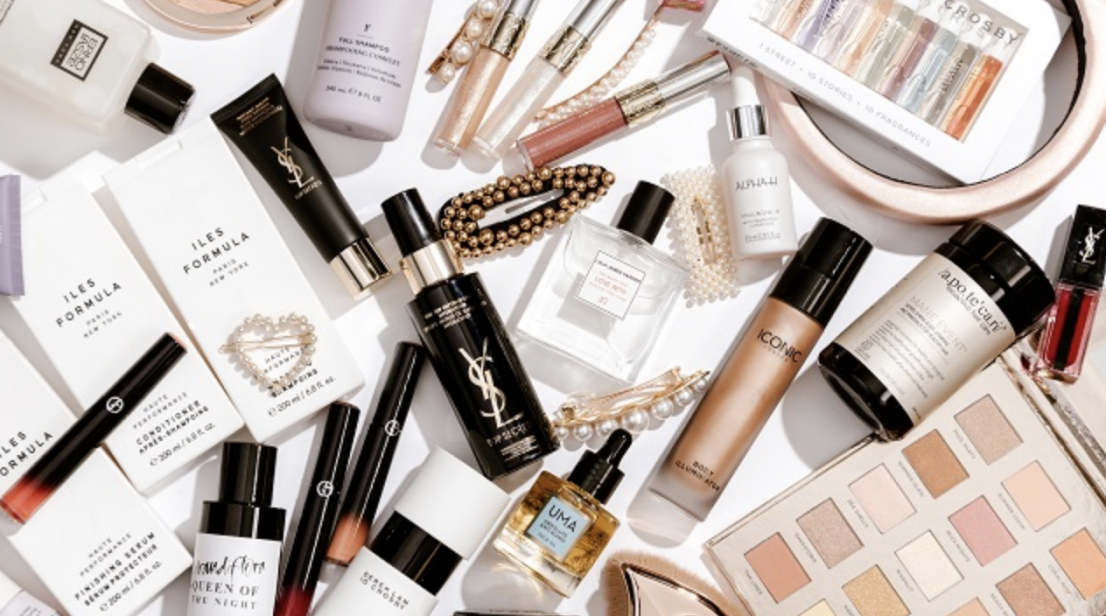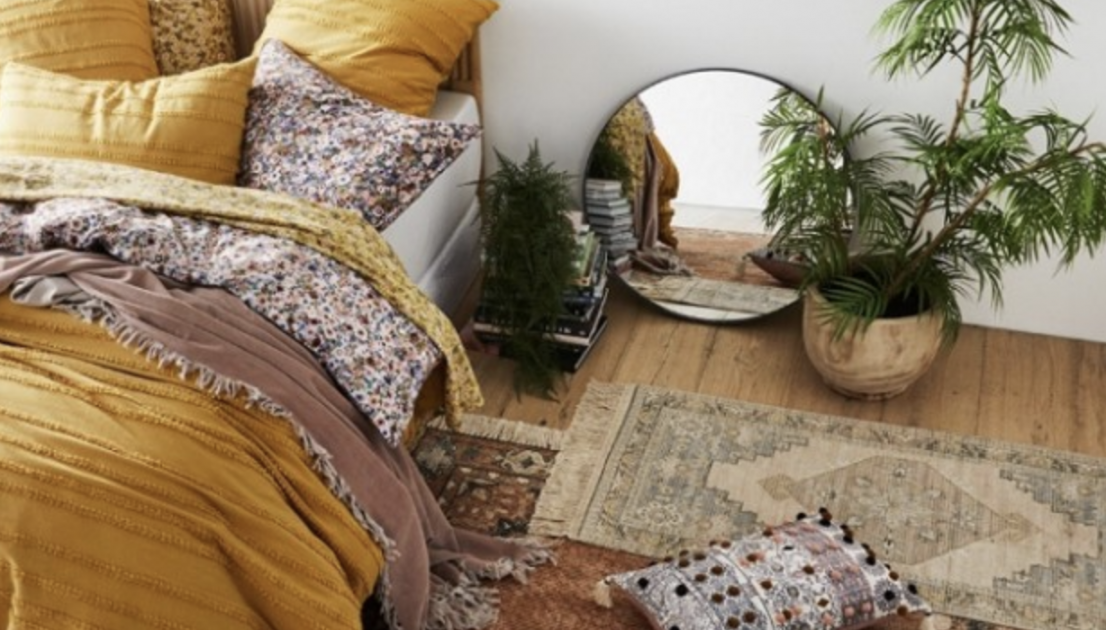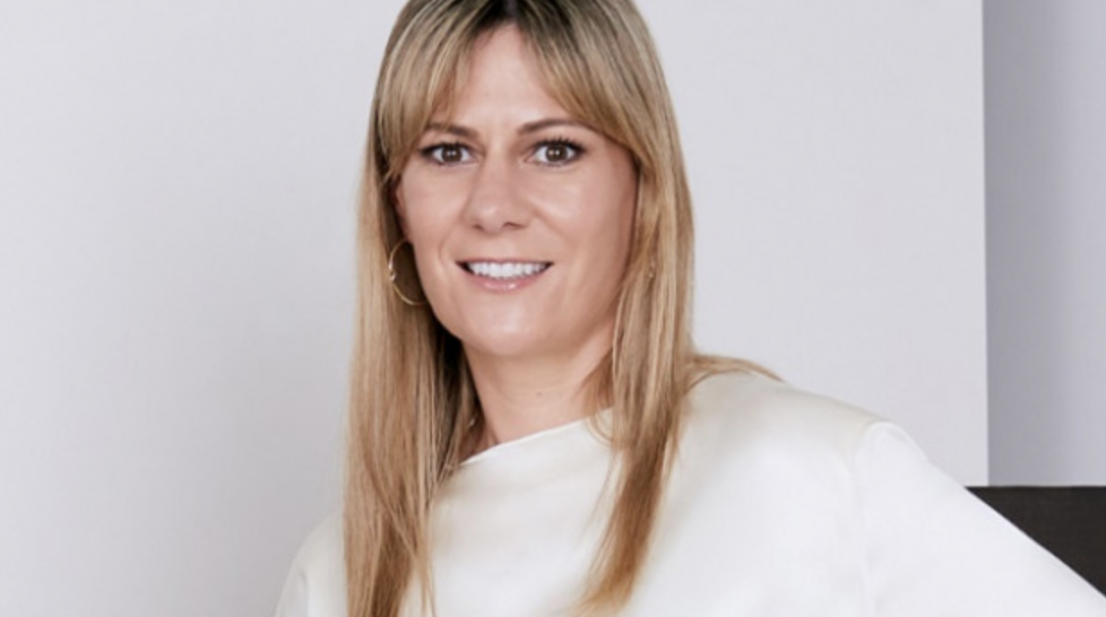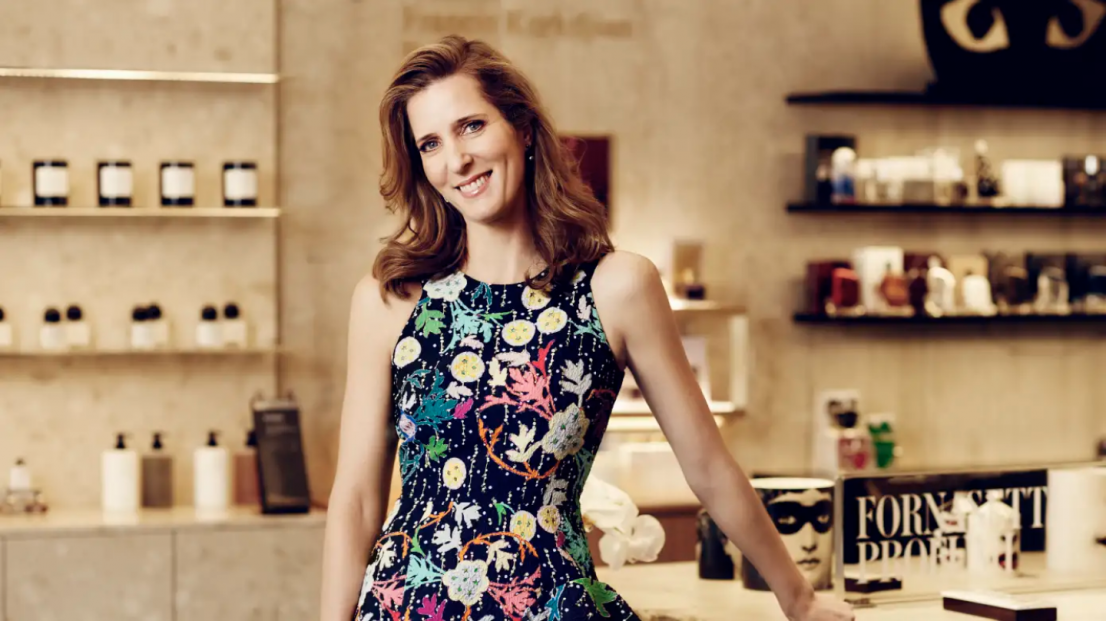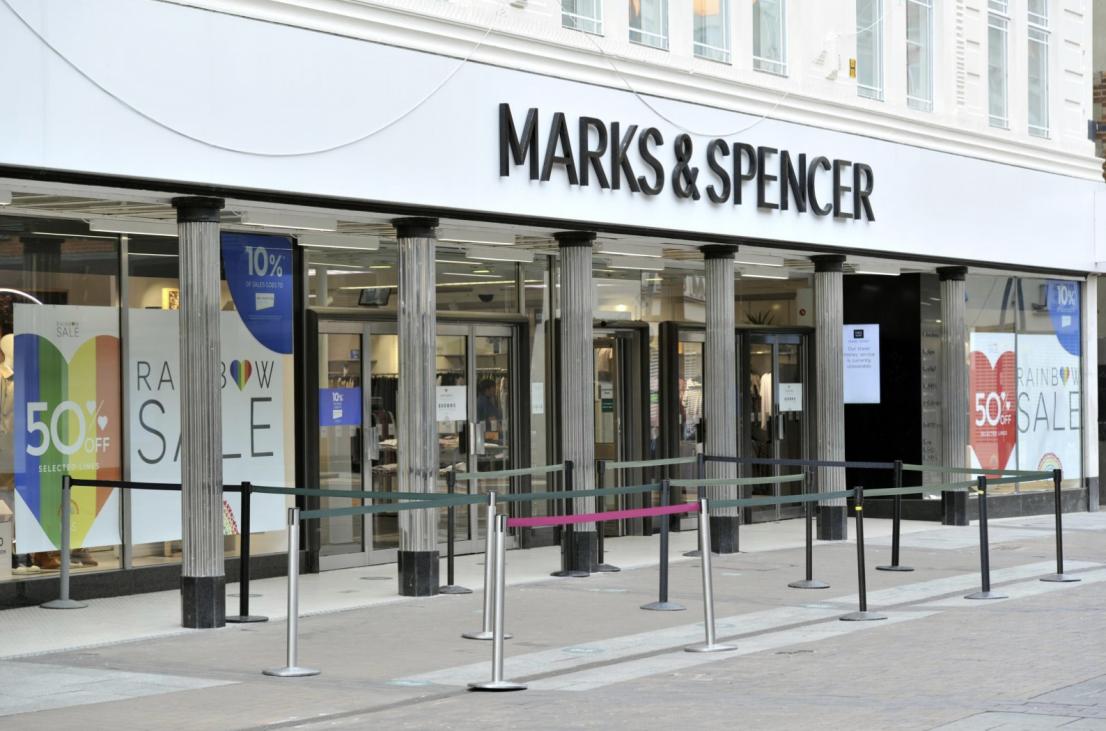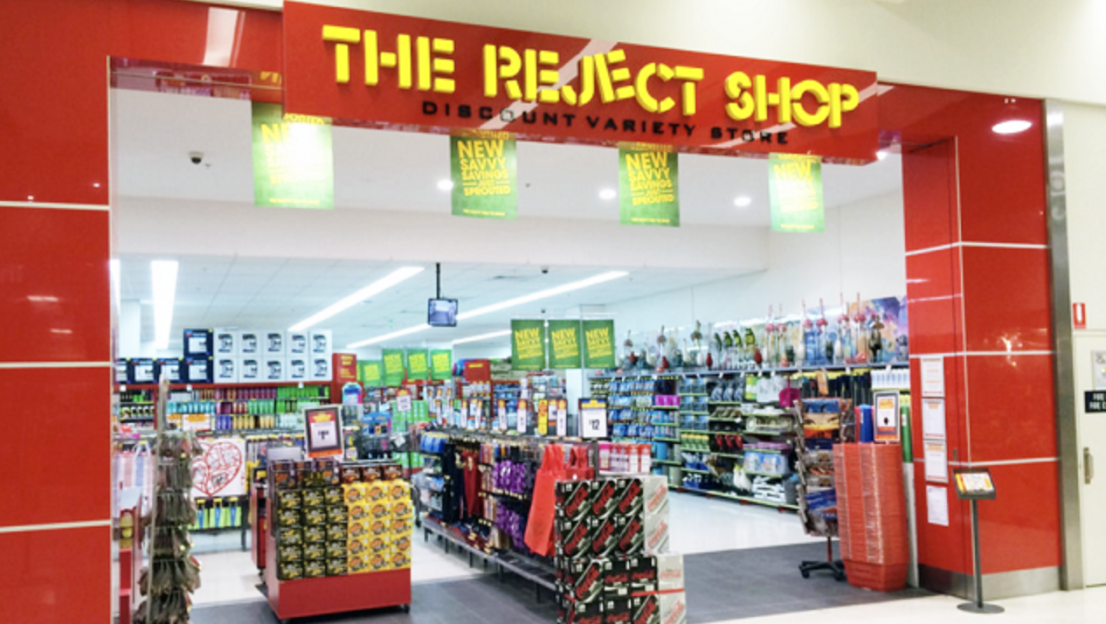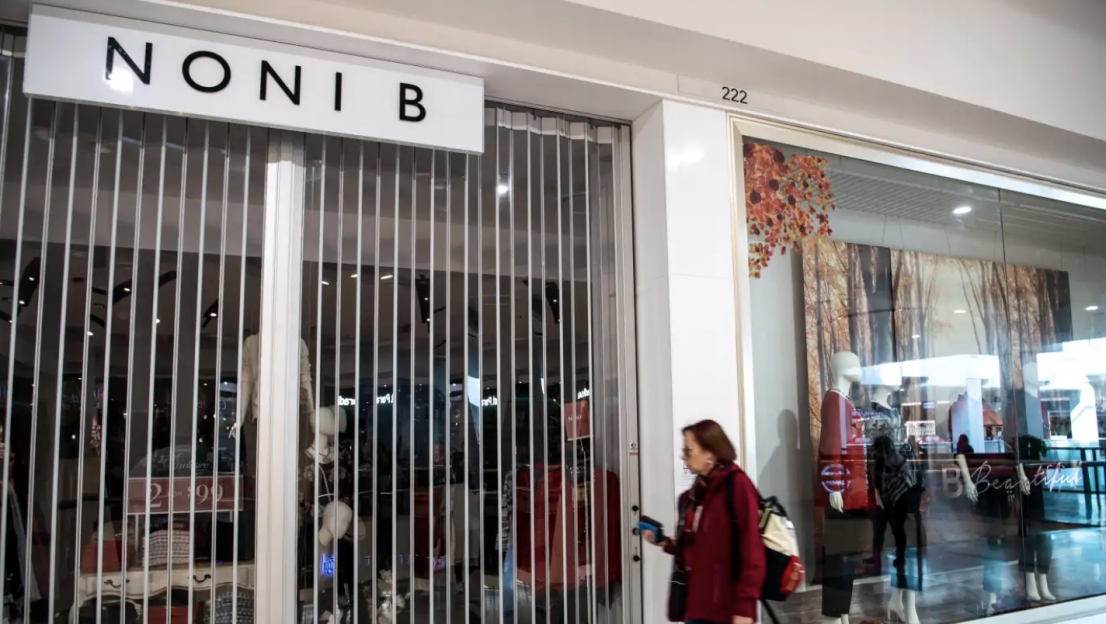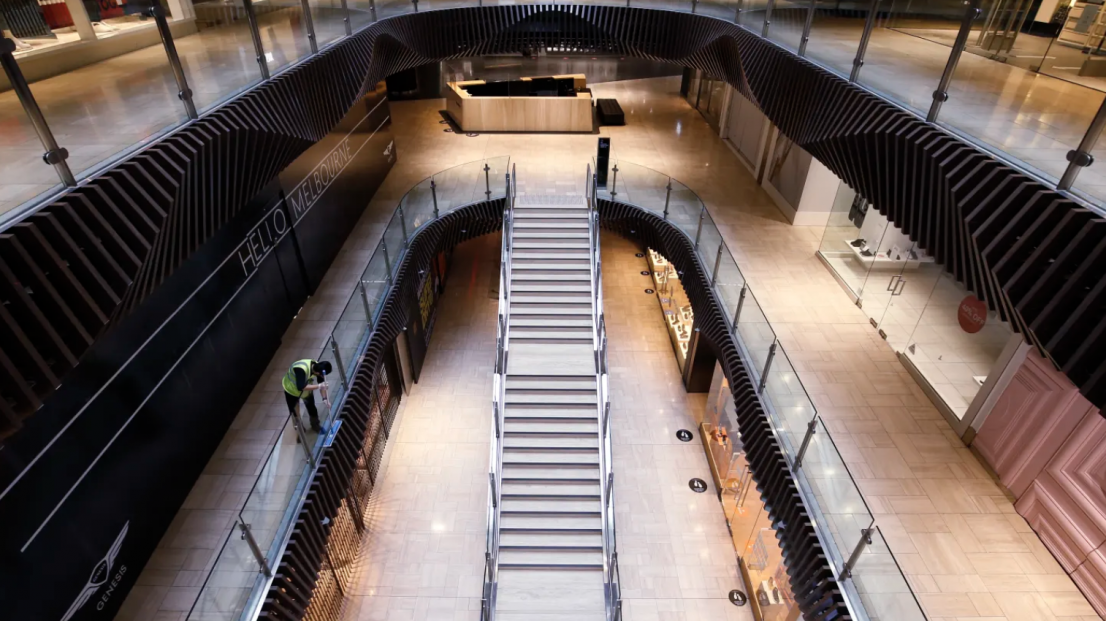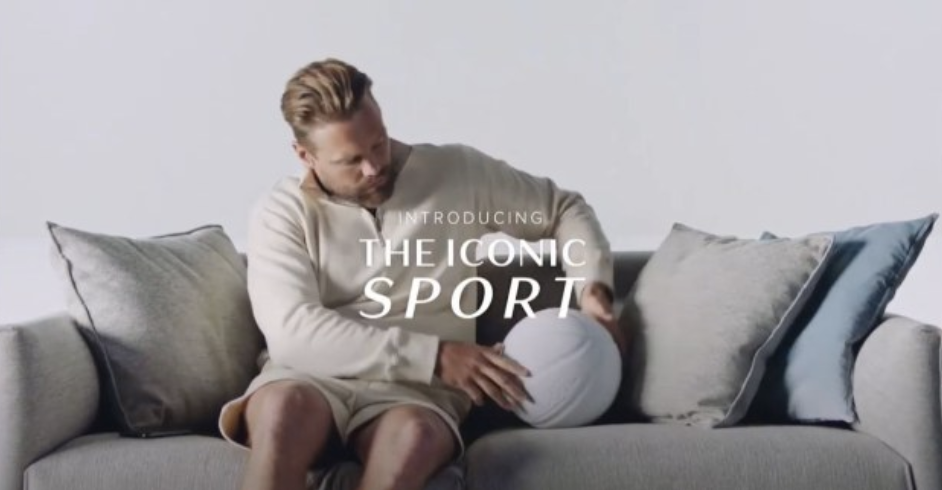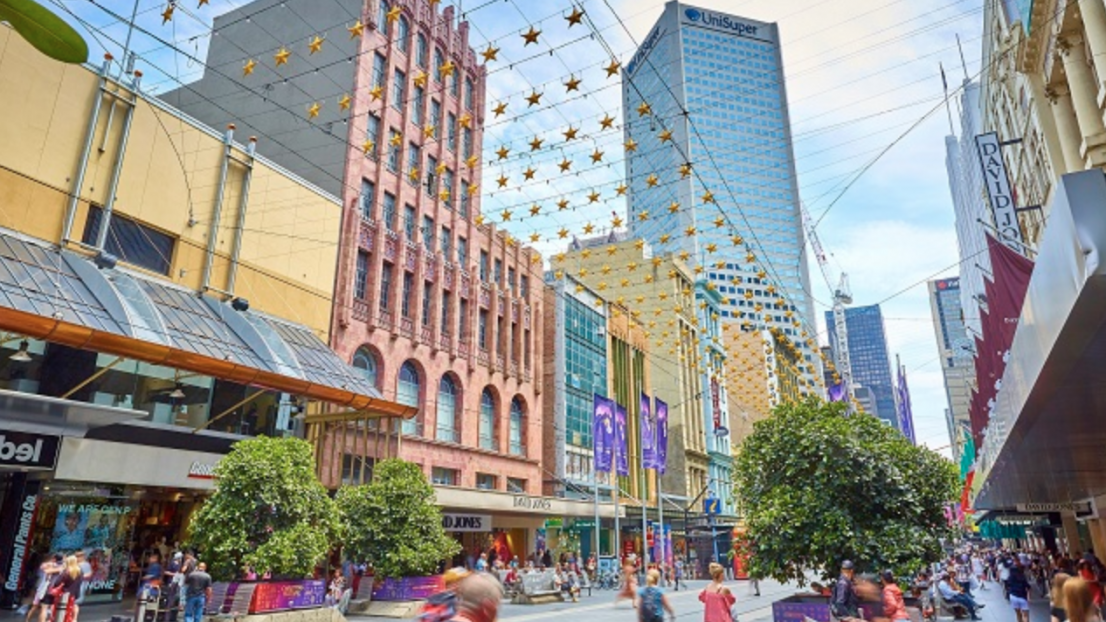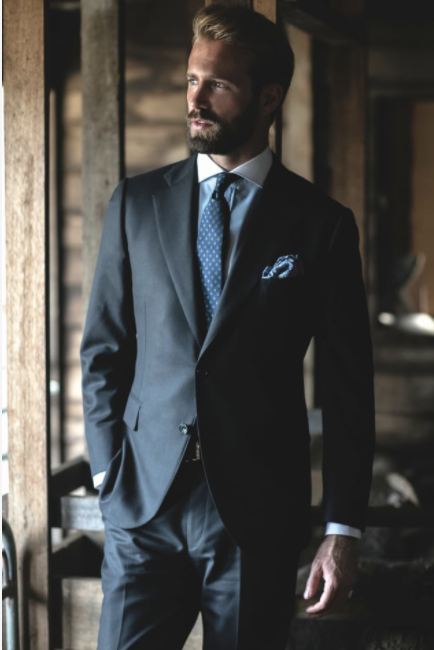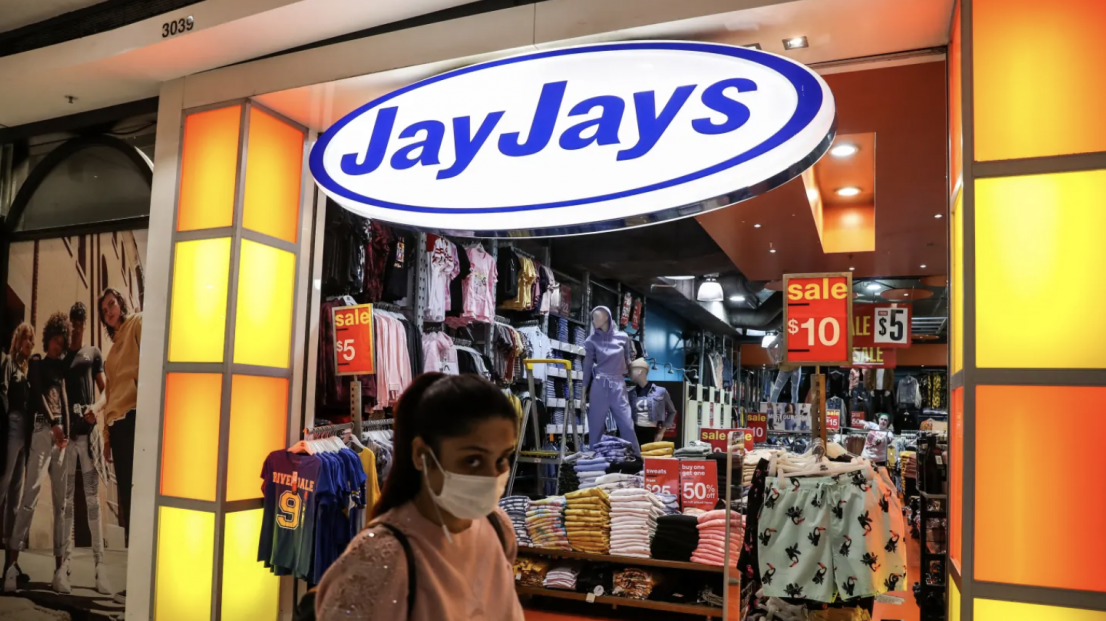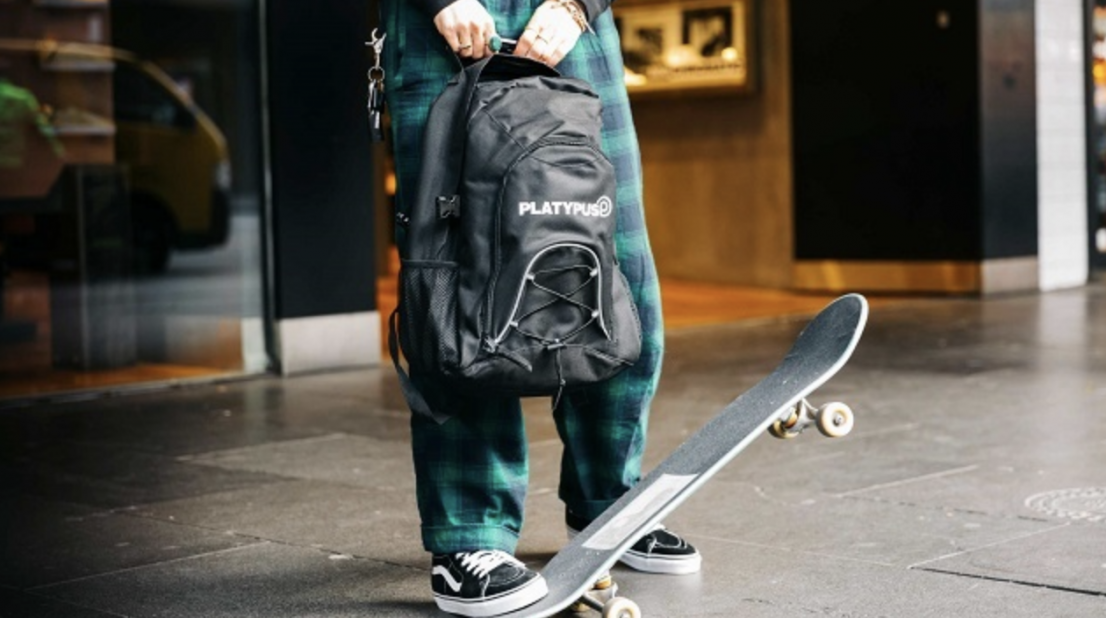
Strong digital sales throughout FY20 and a sharp increase in the final quarter, helped Accent Group maintain sales and profit momentum despite the impact of hundreds of stores being closed for more than a month in Australia and New Zealand.
The footwear giant posted a 1.5 per cent increase in underlying sales to $948.9 million in FY20, and a 7.5 per cent increase in underlying net profit after tax to $58 million, thanks to a significant increase in online sales in the year and a bigger contribution from higher-margin in-house products.
EBITDA increased 11.8 per cent to $121.7 million, and EBIT was $87.2 million, up 8.2 per cent. These figures do not include the impact of the new lease accounting standard to enable a more accurate comparison with the prior year.
Accent Group’s positioning in the booming fitness and athleisure categories during the Covid-19 lockdowns via The Athlete’s Foot and Stylerunner, the pureplay fashion business it acquired in FY20, also bolstered its results amid incredibly subdued consumer sentiment.
The company’s chief executive Daniel Agostinelli credited team members, customers, landlords and suppliers for the strong performance.
“The outstanding efforts of our team who have adapted quickly to a fast-changing environment, along with the support of our loyal customers, landlords, and supplier partners, have delivered another strong financial result,” he said in an ASX statement on Thursday.
Digital growth key to result
Key to this result was the group’s quick pivot to e-commerce when the board decided to close all stores to the public at the end of March, according to Agostinelli.
Accent Group, owns and operates over 420 shoe stores in Australia and New Zealand across several retail chains, including Platypus, HypeDC, The Athlete’s Foot, Subtype, The Trybe and most recently Pivot, as well as distributing popular footwear brands, including Skechers, Vans and Dr Martens.
Shortly after deciding to close stores to the public, the company transitioned its entire physical retail network to “dark stores” to support the delivery of online orders from customers shopping at home.
Digital sales grew to $65 million, or 35 per cent of total retail sales, in the fourth quarter alone, a 142 per cent increase on the prior year.
Most of the people shopping online with the Accent Group were new customers, and the momentum increased even after stores started to reopen in May.
The company reported that online orders grew from an average of $200,000 per day in April to between $800-000 to $1 million per day in June. And it had its biggest month of digital sales ever in May, with $29 million. Agostinelli earlier this year referred to a “seismic” shift towards e-commerce.
In FY20 overall, digital sales were up 69 per cent on the prior corresponding period, representing 17 per per cent of total sales.
While group sales fell $55.7 million March and April, leading the management to temporarily reduce their remuneration by 80 per cent, the company said sales recovered “strongly” in May and June, driven by the digital performance.
All stores reopened in May, although some stores in New Zealand and Melbourne recently shut again due to a second round of lockdowns.
Unlike the first lockdown when the company stood down staff due to the store closures, all staff remain stood up. Accent Group has received wage subsidies from the Australian and New Zealand governments, which it used to return all permanent ANZ staff to full employment across May and June.
The group opened 57 new stores in FY20 and closed 12 where required rent outcomes could not be achieved. Agreements on rent reductions have been reached with the vast majority of landlords covering the period from April to December 2020.
Targeting 30 per cent penetration
Looking ahead, the company said it has experienced a strong start to the year across the business, including its wholesale division, where Skechers, Vans and Dr Martens all had record sell-ins for the second half of FY21.
Growth opportunities include the new Pivot concept, which offers a mix of sports apparel, equipment and accessories and has potential to reach up to 100 stores. The first store recently opened in Shellharbour, NSW, and is trading ahead of expectations, as is the Stylerunner business, which Accent Group acquired in November 2019, after it collapsed into administration.
The popular online retailer is set to open its first bricks-and-mortar store in the Melbourne suburb of Armadale this quarter, with an additional five stores to open in the second half of FY21. There are also plans for Stylerunner to develop an in-house range of athleisure, part of Accent Group’s focus on growing its “verticals” business, which currently includes in-house products across shoe care, socks and accessories.
The biggest growth driver, however, remains digital, and Accent Group is targeting 30 per cent e-commerce penetration in future.
To get there, it will continue to invest in the online shopping experience and digital marketing initiatives and roll out a new virtual sales team who will sell directly to customers from dedicated showrooms and stores via video and chat.
There are also plans to launch new e-commerce sites for Pivot, Hype DC in New Zealand, Dr Martens in New Zealand and Subtype in New Zealand, and new loyalty programs for Skechers and Platypus.
“The management team remains focused on driving digital growth and continued innovation,” Agostinelli concluded.


